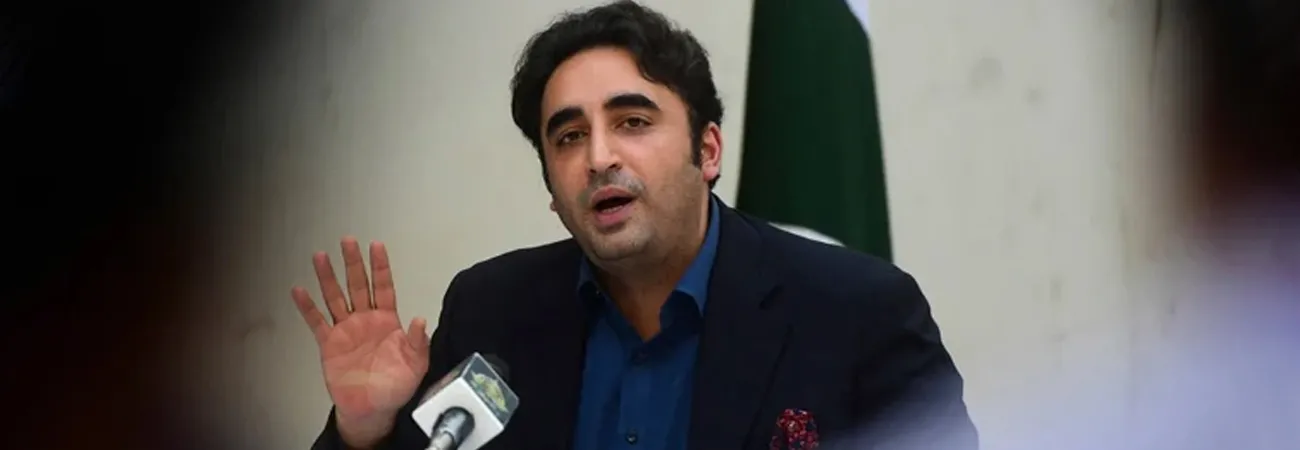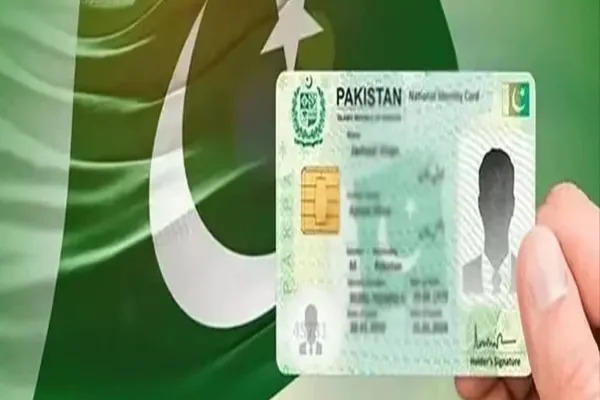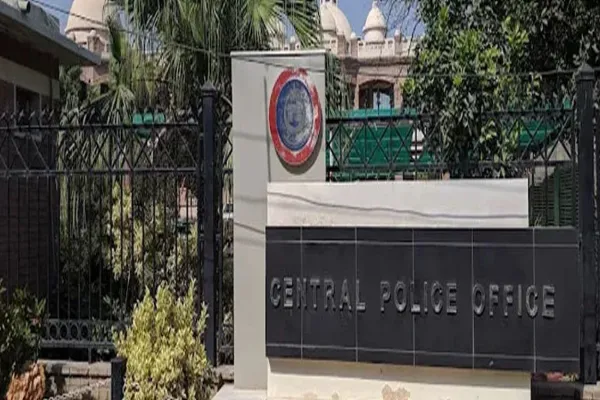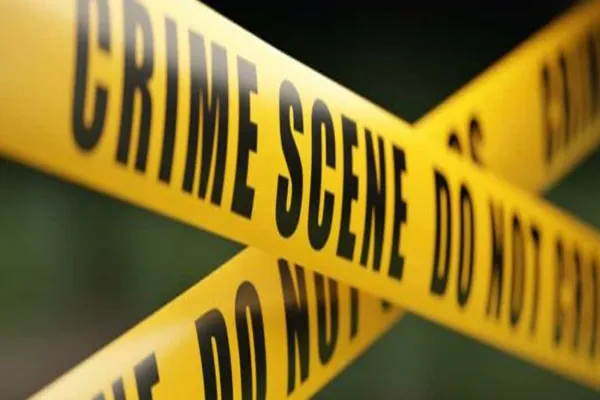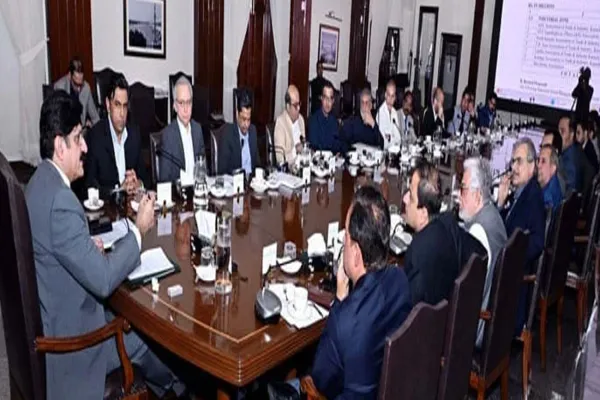i NEWS PAKISTAN
PPP Chairman Bilawal Bhutto on Wednesday said the historic verdict passed by the Supreme Court on the Bhutto reference would help Pakistan progress on all fronts, including the democratic system and judiciary. History is set to be corrected after 44 years, the PPP chairman remarked, as he pointed to the fact that Bhutto was hanged decades ago April 4, 1979 and his family as well as the party have been describing the move as judicial murder since then. Talking to reporters after a nine-member bench shared its verdict, Bilawal – the grandson of Zulfikar Ali Bhutto who was the first elected prime minister of Pakistan – said the court had accepted that Bhutto didn’t get a fair trial. He noted that it was difficult for ordinary people to trust the judicial system when a popular leader like Bhutto couldn’t get justice. Bilawal, during a short interaction with media persons, thanked amicus curiae appointed by the court and the lawyers who presented their opinion and argued the case.
As the Supreme Court announced a unanimous short verdict, Chief Justice Faez Isa observed that no correction was possible without admitting the mistakes committed in the past. Some of the judgments were a product of fear or favour, he said. Bhutto was arrested on the charges of conspiring to murder a political opponent two months after his ouster from the office and declared guilty in 1978 by the Lahore High Court (LHC). His appeal in the Supreme Court was then dismissed with a 4-3 verdict in February 1979. The case pertained to the murder of Nawab Muhammad Ahmad Khan Kasuri in March 1974 as their car was ambushed. His son Ahmed Raza Kasuri, who escaped the attack, had claimed that he was the actual target of the murder plot orchestrated by the then prime minister. The trial both in the LHC and the Supreme Court has always remained controversial because the way it was conducted as well as the procedural flaws. Result? It has never been cited again as a precedent in any subsequent case in Pakistan.
It was the then president Asif Ali Zardari who had moved the country’s top court on April 2, 2011, through a presidential reference under Article 186 of the Constitution to seek its opinion on revisiting the trial which had culminated with the hanging of Bhutto on April 4, 1979. Bhutto was removed after a military coup led by the then army chief Ziaul Haq on July 5, 1977, which followed a months-long agitation, as the PNA – Pakistan National Alliance – disputed the results of rigged elections earlier that year in March. The PNA was an alliance of nine-opposition parties – including JI (Jamaat-e-Islami) and Tehreek-e-Istiqlal of late Asghar Khan – formed as Bhutto eyed a two-thirds majority for introducing amendments to the 1973 Constitution.
Credit: Independent News Pakistan (INP)



